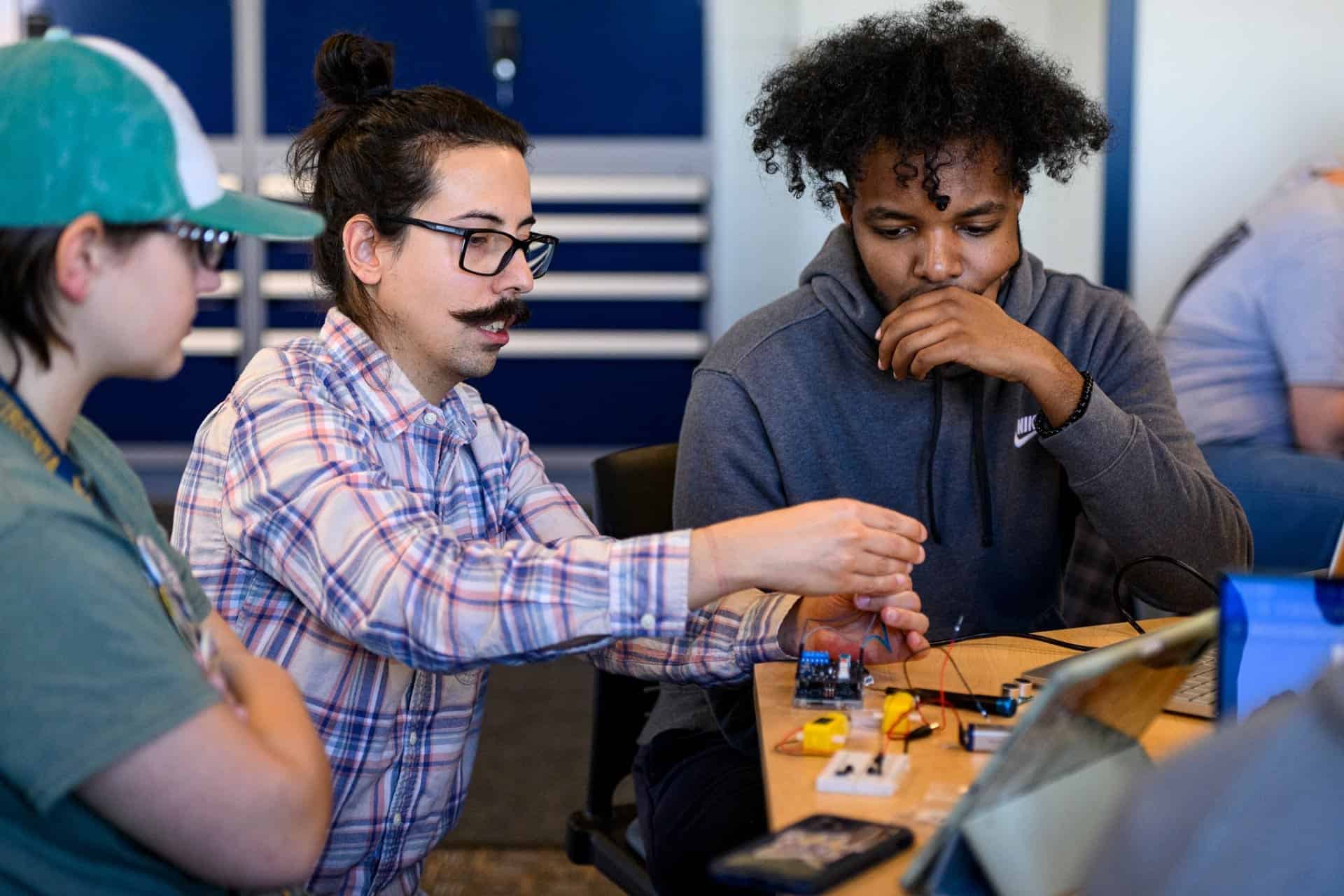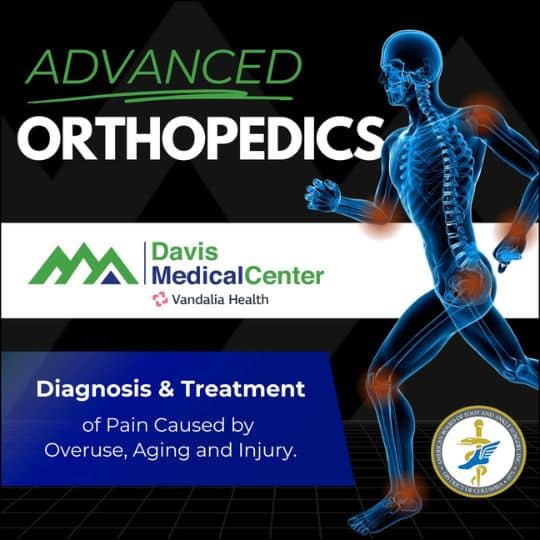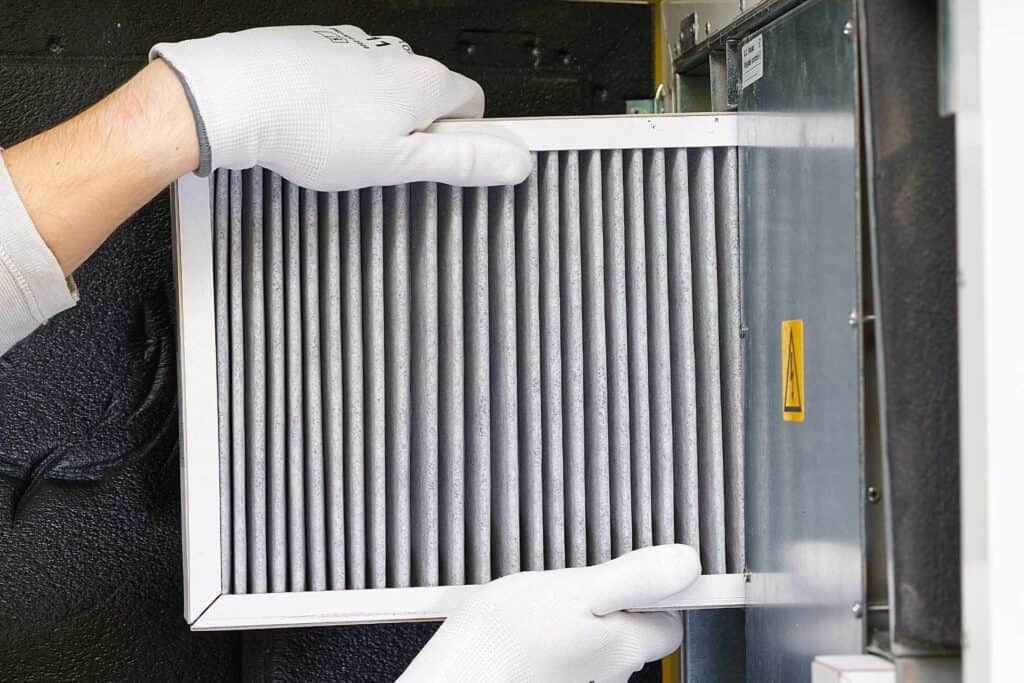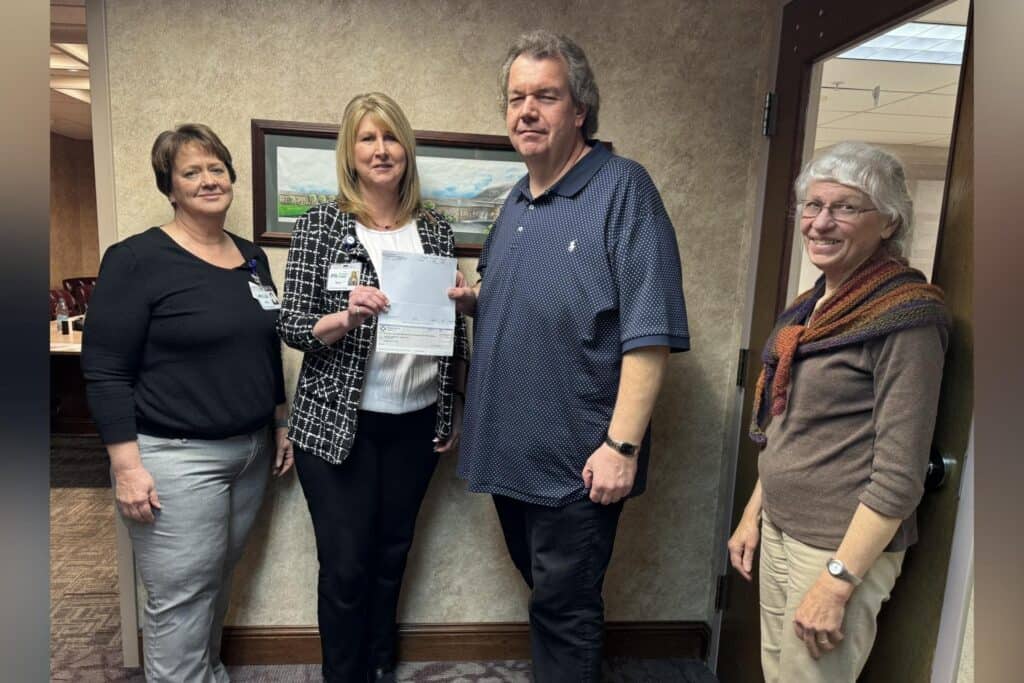West Virginia University (WVU) is launching a new undergraduate robotics engineering degree program in fall 2024, funded by a $1 million grant from NASA. The funding will enhance WVU’s state-of-the-art equipment and laboratories at the Benjamin M. Statler College of Engineering and Mineral Resources, while also supporting K-12 outreach programs throughout the state.
“This new bachelor of science program in robotics engineering builds on the success of our existing research programs and on the accomplishments of WVU engineering students who have been competing against the best robotics teams in the world,” Jason Gross, professor and chair of the Department of Mechanical, Materials and Aerospace Engineering, said.
The achievements of WVU’s robotics teams underscore this success, Gross noted. Over the past decade, they have secured nine first-place finishes in national and international competitions, including the 2023 University Rover Challenge where they triumphed over 104 teams from 15 countries. The new program aims to make WVU students top candidates for robotics jobs, a field identified by the World Economic Forum as one of the top 10 fastest-growing professions.
The initiative will also extend to introducing advanced technologies in WVU’s labs, enabling students to work with self-flying drones, swarm robots and other sophisticated equipment. Middle and high school students in West Virginia will benefit from WVU-hosted robotics competitions, enhanced summer camps and merit badge courses at WVU Merit Badge University.
Gross emphasized the importance of early exposure to robotics for K-12 students. “There has been a major increase in the exposure that K-12 students in West Virginia are receiving to robotics,” Gross said. “We are excited to contribute to expanding that pre-college exposure.”
NASA aims for WVU to train roboticists to design solutions for planetary and lunar exploration, as well as satellite servicing. The program will also emphasize industrial robotics through partnerships with local businesses. WVU is set to create a new lab for robotic manipulators, tools essential in industrial settings like factories and manufacturing plants.
The industrial robotics capstone course at WVU, established in partnership with Toyota Motors Manufacturing of West Virginia, will also benefit from these upgrades. “With the new lab, our goal is to expand the course to help other companies, including the mining and aerospace industries in our region,” Gross said.
In addition, the new facilities will support research in fields such as cooperative robotics and extraterrestrial construction. The Gross Navigation Laboratory will continue its work on robot-drone coordination with the U.S. Department of Defense, focusing on robotic navigation with or without GPS. The Field and Aerial Robotics lab will train drones to map underground areas in limestone and coal mines. Meanwhile, the Interactive Robotics Lab will develop its six-armed precision pollination robot with support from the U.S. Department of Agriculture.
“WVU is leveraging every resource to design and build our next-gen roboticists right here in West Virginia,” Gross said.















